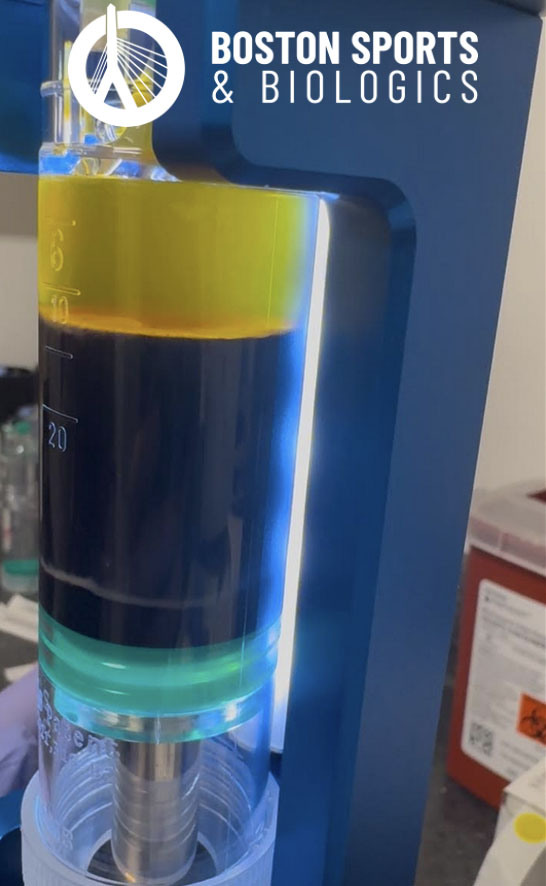
Carpal Tunnel Syndrome (CTS) affects up to 5% of the adult population, causing pain, numbness, and reduced function in the hands and wrists. For decades, patients have relied on splints, steroid injections, and surgery—but what if there was a more natural, longer-lasting solution?
A comprehensive 2020 systematic review and meta-analysis by Dong et al. published in BioMed Research International suggests just that. Researchers evaluated the effectiveness of platelet-rich plasma (PRP) injections for treating mild to moderate CTS, comparing it with traditional treatments like corticosteroid injections and splints.
What it could mean for the future of non-surgical CTS treatment?
PRP is derived from a patient’s own blood. After a quick centrifugation process, it yields a concentrated mix of platelets and growth factors that help regenerate nerve tissue, reduce inflammation, and promote healing. When injected into the wrist area, PRP may help reverse the damage caused by median nerve compression—the root cause of CTS.
The analysis included 9 randomized controlled trials (RCTs) and 434 patients. Here are the standout takeaways:
Functional improvements (via the Boston Carpal Tunnel Questionnaire - BCTQ) were better at both 3 and 6 months.
PRP was especially effective in reducing median nerve swelling (measured as cross-sectional area).
At 1 month, PRP was about as effective as corticosteroids for symptom relief—though PRP continued to improve outcomes long after steroids wore off.
The analysis showed improvements in certain electrophysiological parameters, such as sensory nerve conduction velocity (SNCV) and peak latency, especially noticeable at 3 months.
Only one study noted mild pain within 48 hours of injection, which resolved with basic pain management. PRP is generally well-tolerated and carries low risk because it's made from your own blood.

Most studies had short follow-up periods (max 6 months), so long-term effects are still unknown.
Variations in PRP preparation and concentration methods may influence results.
More high-quality RCTs are needed to confirm findings and standardize treatment protocols.
This updated meta-analysis strongly supports PRP as a safe, effective, and potentially superior alternative to conventional treatments for CTS. With more research and refined protocols, PRP could become a new gold standard in conservative carpal tunnel care.
If you’re struggling with mild to moderate CTS and want to avoid surgery or steroid side effects, PRP therapy might be worth discussing. This evidence-backed treatment could provide longer-lasting relief and promote real healing—not just symptom masking.
Learn More about PRP for Carpal Tunnel Syndrome at:
(781) 591-7855
20 Walnut St
Suite 14
Wellesley MA 02481
Dong C, Sun Y, Qi Y, Zhu Y, Wei H, Wu D, Li C. Effect of Platelet-Rich Plasma Injection on Mild or Moderate Carpal Tunnel Syndrome: An Updated Systematic Review and Meta-Analysis of Randomized Controlled Trials. Biomed Res Int. 2020 Nov 14;2020:5089378.
Discover how PRP injections may outperform traditional treatments for mild to moderate carpal tunnel syndrome. Backed by a 2020 meta-analysis of clinical trials.
Read MoreCarpal Tunnel Syndrome (CTS) is one of the most common nerve-related conditions, affecting millions of people worldwide—especially those who spend long hours typing, using tools, or performing repetitive hand
Read More